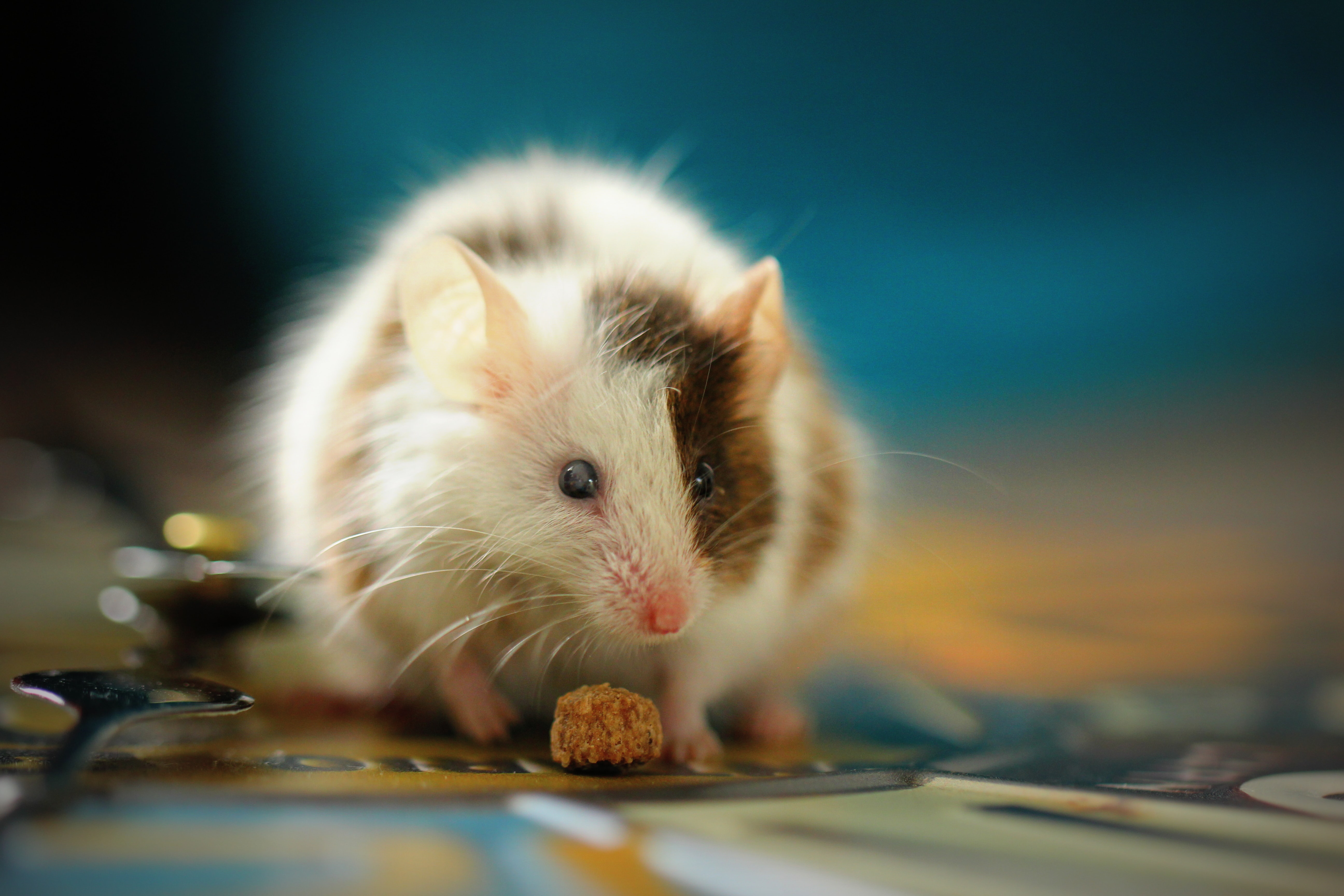News release
From:
Aging: Young microbiota rejuvenates aging-associated brain changes in mice
Transplanting gut microbiota from young to old mice can counteract specific aging-associated changes in the brain, according to a study published in Nature Aging. The findings suggest that such transplants may have therapeutic potential for the treatment of aging-associated cognitive decline.
Microorganisms that live on and in the human body have an impact on health and vary with age. ‘Friendly’ bacteria — which have beneficial effects on the metabolic and immune systems — can be gradually replaced with bacteria that drive chronic inflammation, metabolic dysfunction and disease. Microorganisms in the gut shape local immunity, but can also affect brain aging and increase the risk of neurodegenerative diseases.
John Cryan, Marcus Boehme and colleagues transplanted fecal microbes from the gut of either young (3–4 months) or old (19–20 months) donor mice into old recipient mice (19–20 months). The team found that aging-associated changes in the immune system of the old mice were reversed by the transfer of gut microbiota from the young mice. The brains of old mice receiving young donor-derived fecal transplants were also rejuvenated and contained metabolites and patterns of gene regulation that resembled the brains of the younger mice. Furthermore, fecal transplants from young mice improved the behavior of older mice in several cognitive tests for learning, memory and anxiety.
The authors conclude that these findings reveal the potential of the gut microbiome as a therapeutic target for the promotion of healthy aging. Future research is needed to explore how specific bacteria or their metabolites within the microbiome may be responsible for these effects.



 International
International



